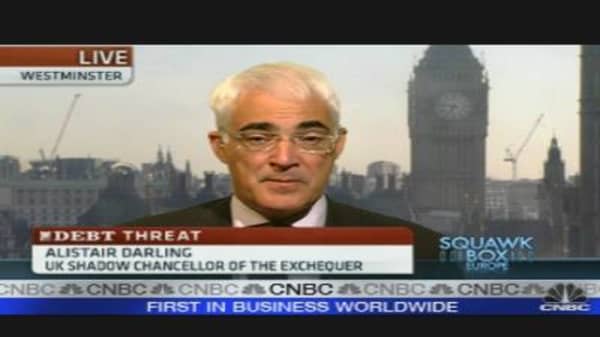In the classic 1980s BBC comedy "Yes Minister" the scheming civil servant, Sir Humphrey, would tell the government minister, Jim Hacker, that his latest decision was "courageous" when he wanted to stop a change in government policy.
Hacker would get into such a funk at the thought of doing something courageous he would immediately reverse his latest policy initiative for fear of losing his job.
On Tuesday the UK Chancellor, George Osborne, unveiled one of the most courageous budgets in living memory, with the reforming zeal of someone who believes courageous decisions are why he gets up in the morning.
The question for his coalition government and the country is whether this moment of courage will go down in history as the moment Britain got back on track or the moment when it fell into a double-dip recession.
Since his speech at the Conservative Party Conference last autumn, Osborne has been warning that failure to cut government borrowing could lead to big trouble and has consistently warned that the UK was at a risk of becoming Greece mark two.
The message probably cost his party a clear majority in May's election, but with his coalition partners sitting uncomfortably either side of him in the Houses of Parliament, Osborne let the country know exactly what sort of pain lay in store.
V.A.T. to 20 percent, 11 billion pounds ($16.28 billion) to be cut from welfare spending, 25 percent cut from the budgets of nearly every government department and a big hike in capital gains tax.
His opponents claimed his budget was politically motivated and something he and his party wanted to do ever since they lost power in 1997, not a reaction to the mess the previous government left him with as he claims.
Darling: This is Dangerous
Former chancellor Alistair Darling told CNBC Wednesday that the decision to take money out while the economy remained so fragile was very dangerous.




